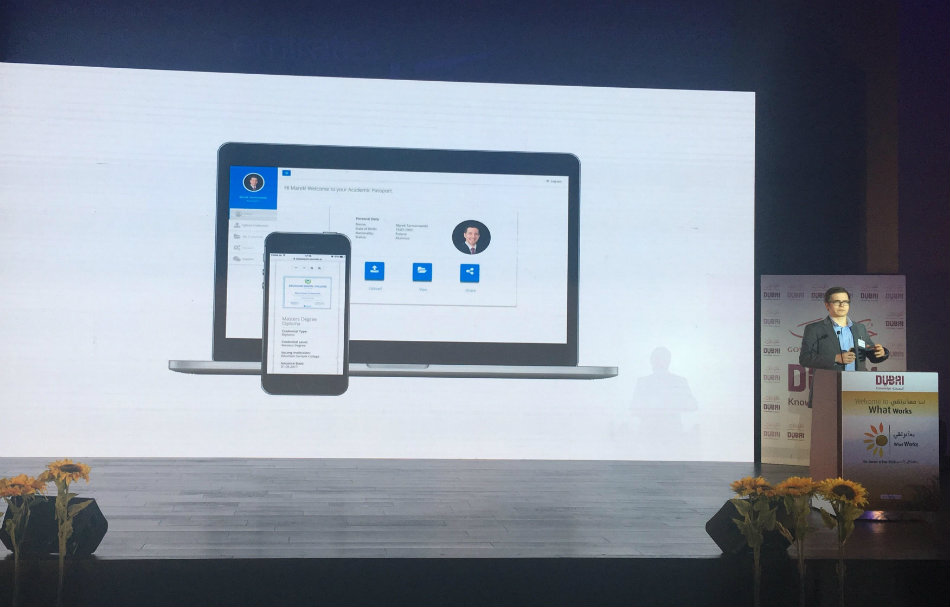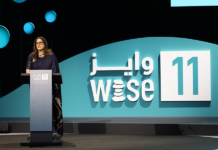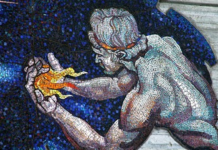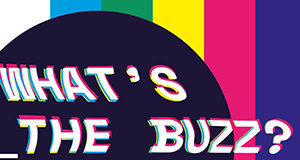 A PhD in nanotechnology engineering from an Ivy League university may seem impressive on paper, but is it the real deal?
A PhD in nanotechnology engineering from an Ivy League university may seem impressive on paper, but is it the real deal?
According to the U.S.-based Council for Higher Education Accreditation, up to 100,000 fake degrees—a third of them postgraduate—are sold each year in a market worth $100 million in the U.S. alone.
Educhain is using its blockchain records platform to sniff out a sneak cheat by instantly verifying academic credentials—and some. Put simply, a blockchain is an electronic record of verified ‘transactions’ protected by cryptography and approved by a network of users.
The Vancouver, Canada-based company clinched a decent grade of its own last year, coming second out of 21 start-ups in the Smart Dubai Office’s Global Blockchain Challenge, part of the emirate’s ambitious goal to make Dubai the world’s first blockchain-powered city by 2020.
Educhain CEO Mark Balovnev is preaching his message to a worldwide audience: from Dubai this February, over 15 academic institutions teaching 400,000 students launched a global pilot of blockchain technology for the exchange of digital documents.

So how are lessons going?
Students can view, manage and share secure digital records from an academic ‘passport’ they can use for school transfers, university and job applications. But that’s not all. Academic institutions can issue digital credentials, cutting processing time and money while placing ownership of academic records into the hands of students and providing them with global mobility.
Where checking for fraud is concerned, Balovnev sees only pain in the old-fashioned way.
“For example, if I were to give you a transcript of my grades from my university, there would be no way for you to validate the authenticity of my credential without going through an additional verification process—emailing or calling my university, hiring a third party to perform a verification check.”
“With blockchain, you would be able to immediately validate the origin of that document, the issuing authority, and validate that the document has not been tampered with, all in seconds”, he adds.
Now that’s what you call an ‘A’ grade result![]()































